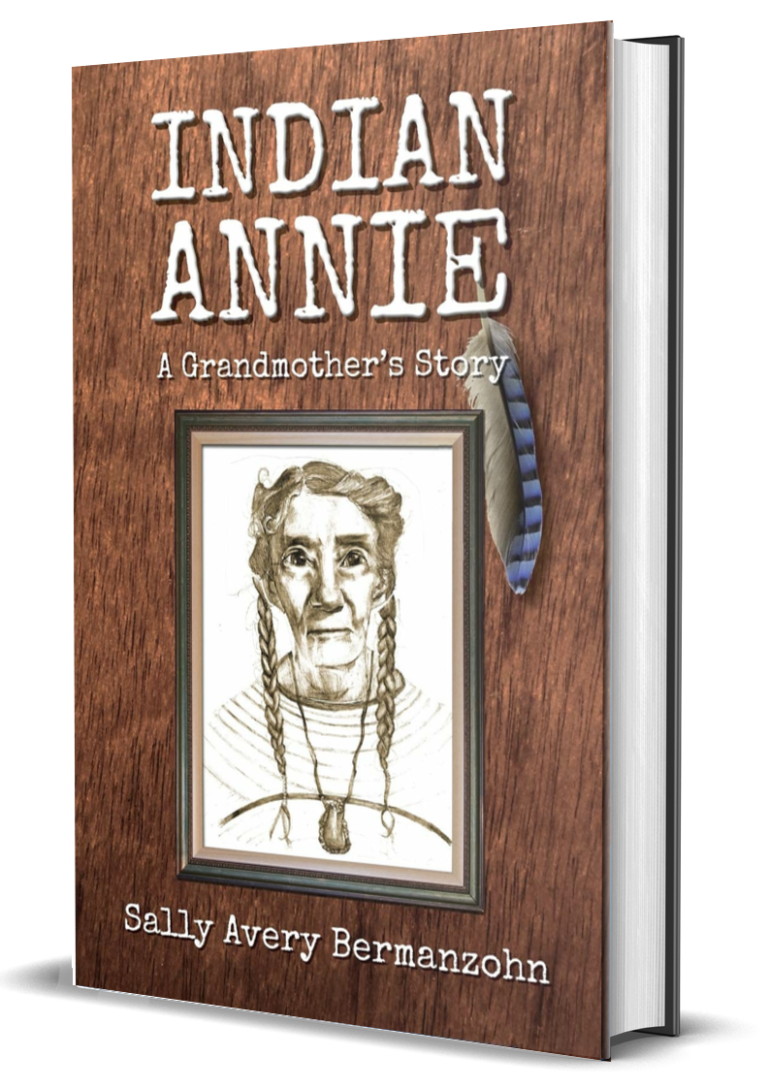
HEAR FROM THE BOOK EXPERTS

In partnership with Inks & Bindings

Indian Annie: A Grandmother’s Story
Sally Avery Bermanzohn
Reviewed by: David Allen, Hollywood Book Reviews

Indian Annie, who was born in 1820, lived through the Civil War and the scattering of Native American people under the press of the genocidal expansionism of ‘white folk.’ This sweet and elegiac memoir recounts history without a trace of irony or despair. Annie’s people, the Chickasaw, dwindled in numbers as they maintained dignity, bravely honored custom, and sought safety in the hill country of old Alabama and Tennessee. Others went West, to Oklahoma and beyond, flotsam bobbing freely as a result of the ‘Indian Removal’ (engineered in the 1830s by Andrew Jackson) and depredations from the Confederate Army and their later incarnation, the Ku Klux Klan.
Indian Annie reminds us of the awe-inspiring commonality shared by victims of the tide: the Indians, and the slaves brought to these shores from Africa, were people of color, with social and cultural wellsprings, and even bloodlines, in common. Thanks to Sally Avery Bermanzohn’s startling fresh and awesome (because direct, impactful, always moving) writing, we can read about what really happened – and weep. Weep and laugh and share in the grace that tied Annie’s people to the Earth, the sky, the rivers, the sun. There is a sense of wonder and munificence that abounds in these pages, that makes us regret the passing of the old ways. The birth and childhood of Annie’s granddaughter, Willow, is the signal event of her story.
Bermanzohn’s background is worth mentioning; she brings a great deal of personal experience to the table. She actively participated in the movements for civil rights and women’s equality. She was present at the Greensboro Massacre in 1979 where Ku Klux Klan attacked the demonstrators and killed five people; her husband survived a bullet wound to the head and arm, and is still partially paralyzed. Sally went on to write Through Survivors Eyes: From the Sixties to the Greensboro Massacre (Vanderbilt University Press, 2003).
Ned Ridge, Scribe’ is Annie’s (and Sally Bermanzohn’s) narrative voice. In a series of conversations, Ned gets Annie to talk about the past. Annie’s past is neither remote nor foreign. Annie is the grandmother of us all: she, and others like her, are the backbone of American strength and diversity. Her descriptions of tribal councils, of the role of Elders, of the planting of the crops, the harmony between man and nature, are breath-taking forays into what once had been and what somehow should never have been lost. The centrality of family – and the central if not matriarchal role of women in this community – also hit home. But Annie’s story goes far beyond factual and historical detail. Nearly every page of this remarkable book breathes the scent and movement of life. The seasons, childbirth, the harvest: all these are cyclic, are evidence of the great harmonies that increasingly evade us in our technology-laden towers.
American history, as taught, has been an extended exercise in denial. Indian Annie will hit many of us like a ton of bricks: so much of what we learned in school was a sham, false, a cover-up. Reading about the ‘detritus’ of colonial and Western expansion – beautiful human beings, men, women and children just like you and me – will most certainly give pause. Indian Annie: A Grandmother’s Story, should be required reading in public schools and living rooms throughout the land. This book is a jewel, lovingly wrested from the jaws of Westward-ho!

